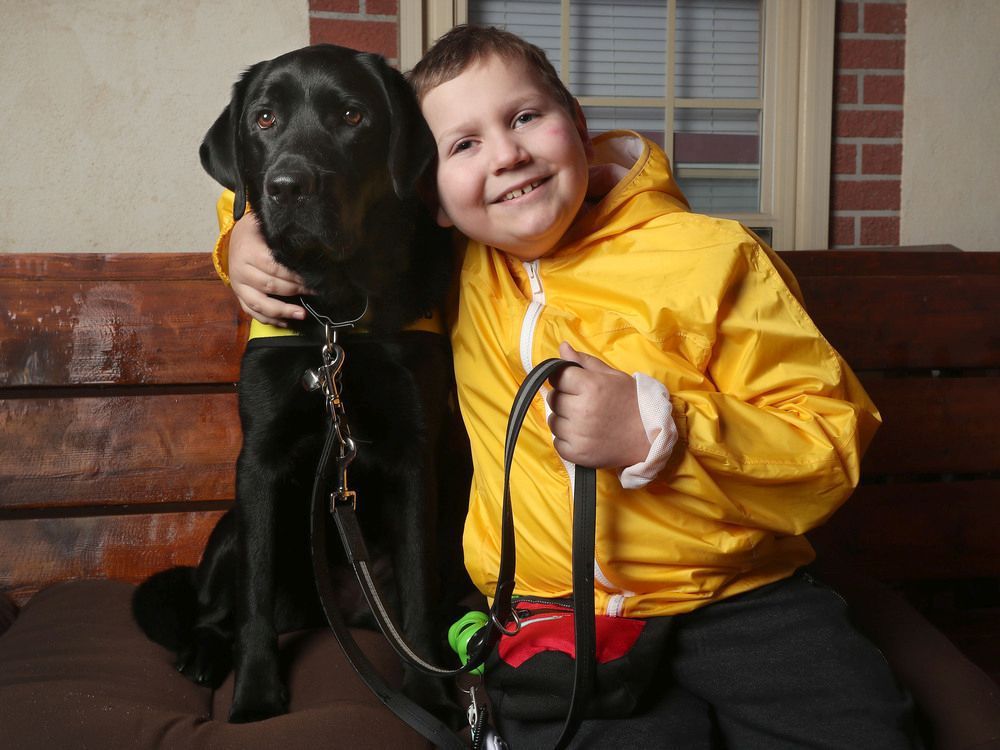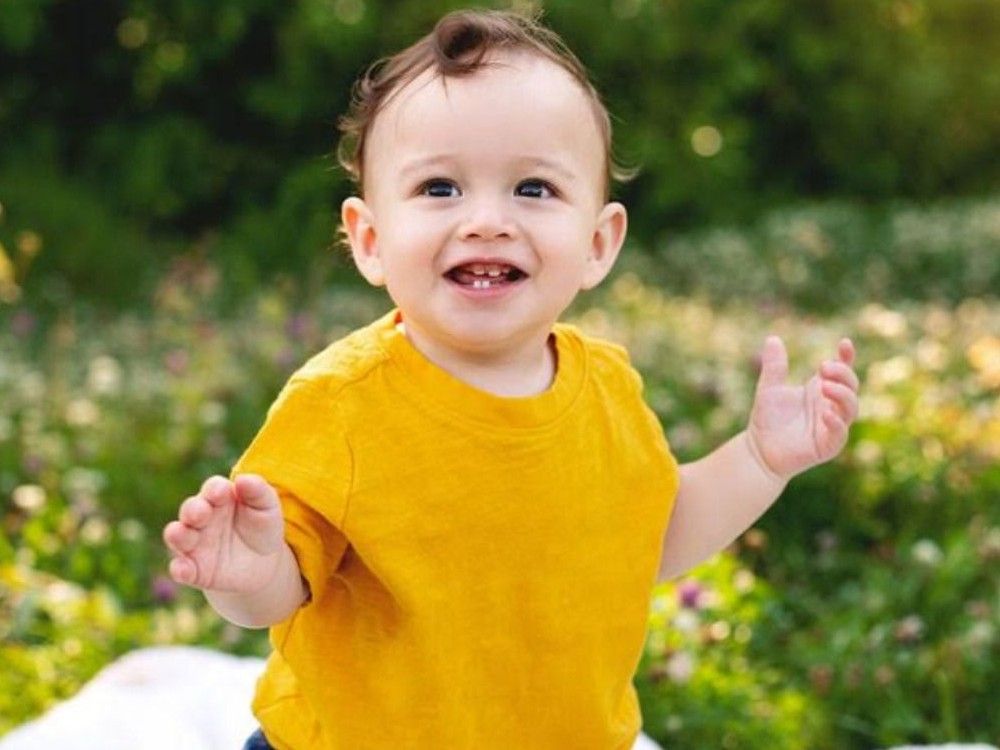do you ever look back and wonder how you ever made it through?
i’ve talked to so many people who have never been through cancer like this, who say, ‘i don’t know how you did it.’ but you just do, right? there’s no other option; my kid was dying. you just have to be there and fight like hell to save them.
our oncologist was pretty phenomenal. on ollie’s first day of diagnosis, she sat us down and said, ‘listen, here’s the thing. i can give him any amount of drugs, but none of those drugs will work if he doesn’t believe that he’s going to get well. you cannot let go of your hope.’
so many things are a blur about that day and the weeks after, but my beacon the entire time we went through all of this was: i can’t lose my hope. even when things seemed really bad, we had to try and find a little sliver of light that said, ‘you can get through this,’ and that ‘he was going to make it.’
my husband and i certainly had moments where we faltered and wondered if we were going to make it. we’d just remind each other that we’re not letting go of hope. we also had such an incredible outpouring of support from our community, the kids’ school, our church, and just so many friends and family from afar.
what was it like for abby?
abby had to have five injections and a couple rounds of bloodwork to make sure everything was okay, before and after the transplant, and then there were hours on dialysis. at one point after after six hours on the machine, i asked her what it was like, and she said that it actually was much easier than she thought it was going to be.
 11 minute read
11 minute read









